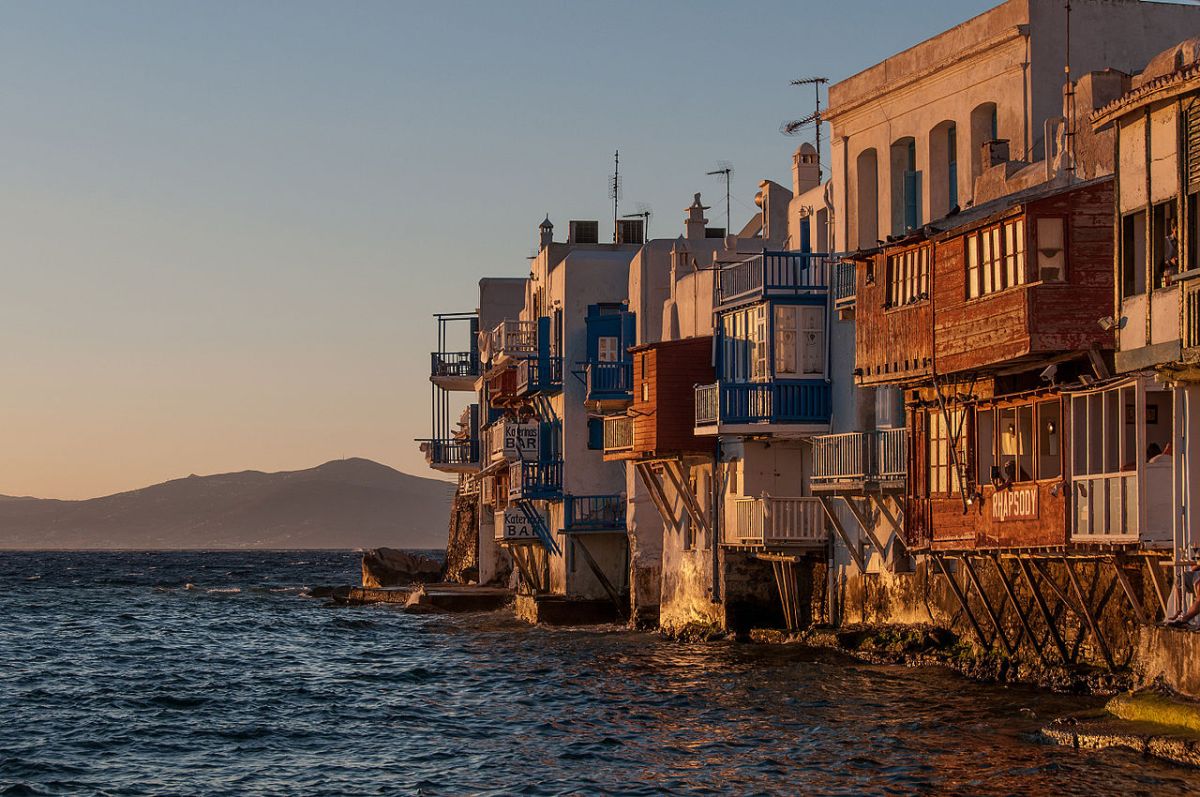For the last few months, some of the most scenic locations in Europe have seen a dramatically reduced amount of visitors. The reason for this is understandable: travel restrictions to limit the spread of COVID-19. Nonetheless, it’s led to some surreal sights, such as the normally crowded streets of Barcelona looking far more stark.
Now, as countries across Europe reduce their earlier travel restrictions, many businesses and governments are waiting to see what will come next. Will tourism return — or will hotels and restaurants that had come to rely upon that sector be forced to face difficult decisions about their own futures?
At The Washington Post, the Associated Press’s Derek Gatopoulos explores the way that the pandemic and its aftermath have affected tourism in Greece. On Monday, the country is slated to open its borders again, allowing foreign tourists to enter the country. It’s a risky decision, but for those who made it the alternative may be worse:
The Greek government has taken a gamble in deciding to relax COVID-19 health inspections at ports and airports in order to avoid another crippling recession, having only recently emerged from an economically painful period sparked by the international financial crisis.
Last year, 33,000,000 visitors came to Greece; far fewer than that are expected in 2020. But for many, the prospect of some business is preferable to none at all. Of greater concern is whether tourists might spread the coronavirus as they travel — an issue that’s sparked political debate within the government.
For now, the people Gatopoulos spoke with have few illusions about 2020 being a banner year for their local economies; their hopes are for a vaccine to be discovered, and a better year still to come.
Subscribe here for our free daily newsletter.
Thanks for reading InsideHook. Sign up for our daily newsletter and be in the know.


















